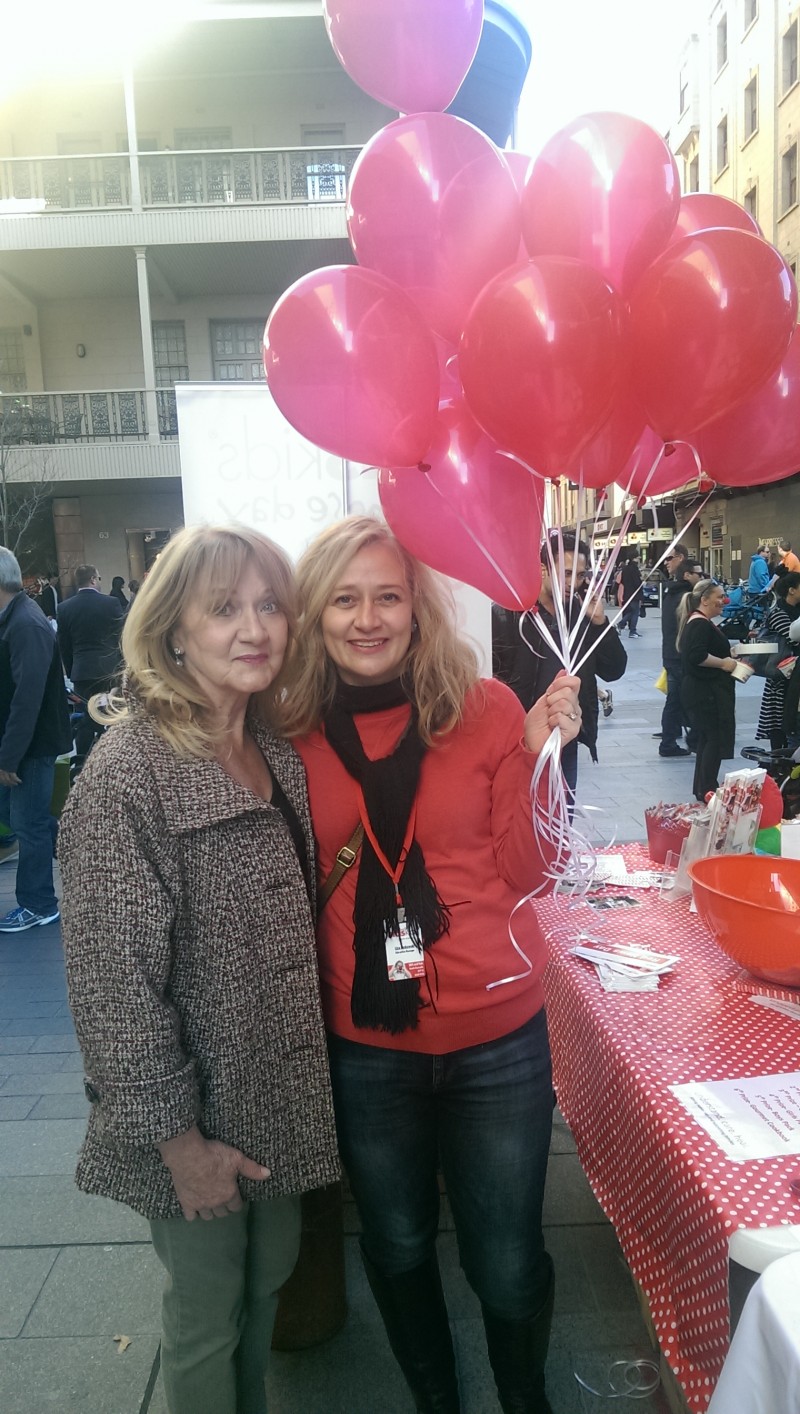What Bereaved Parents Want You To Know

“My mum had her own hopes and dreams for her future, which involved her new grandchild, so when Olivia was stillborn, she not only had to cope with her own sense of loss, but mine as well. Even though I was a grown woman, I was still my mum’s ‘little girl’ and she felt my pain. My mum, like many grandparents, grieved not only for herself but for her child as well. Grandparents of stillborn babies can find it extremely difficult when they see their own child in so much pain and they can feel helpless at the thought of not being able to make things better. As a parent, no matter how old your child is, you always want to make life better for your child and my mum was no different. She wanted to help in any way possible to reduce my devastation at the loss of my daughter and make my life more bearable.”1
‘Don’t avoid us’ because you are uncomfortable.
Being avoided by family, friends and professionals adds pain to an already intolerably painful experience.
‘It is OK to talk about my child’
For a grandparent supporting their grieving adult child, there is the worry that the parents are emotionally very fragile, and that saying the wrong thing or showing your own tears may cause further pain. But grieving parents will tell you that you cannot upset them more than they already are.
“Please mention my child’s name! If I cry it is because she is dead, not because you brought her up.”1
“My mother held it together all the time and so I felt we missed out on just sitting and crying together.”1
Talk about your grandchild who has died. Mention his/her name.
“My relationship with my parents was really hard. I shut myself off because they didn’t talk about our son. Their focus was on the other grandchildren and that hurt. I was false around them, wearing a mask. I ignored them and felt ignored by them.”1
‘Listen to me’
Bereaved parents may also have a strong need to relive what has occurred, look for reasons why it has happened and to express feelings such as guilt and anger and ‘what if’. Listen to them freely and never say, “Please don’t say that/ that is not right”. Although some their thoughts may seem irrational or illogical – they need to be able to air their thoughts to someone they trust and who will not judge. Allow them to talk freely about their child and about their death. At times speaking how we feel allows us to discover ourselves that our anger and guilt is unfounded.
“I felt that I did not have the strength to listen to my mum tell me she knew how I felt. I know she was hurting and her grandchild had died. Part of me felt guilty that I didn’t want to listen to her say that…but I was consumed by MY loss and how I felt, I had no energy to help any one else, I just want to be listened to.”1
‘It is OK to cry’
It helps to be open and share your feelings. Your openness sets a good example for your child. Share the good memories and the good days as well as the pain of grief and the bad days. It is also OK not to cry. Not crying does not mean you do not remember.
‘Respect our need for privacy’
“My mother knew to be there when I most needed her, but also when to give me space to be alone with my husband. Sometimes no words were needed; just a hug from Mum said it all.”1
“My advice to grandparents is just to be there. Be there when we need to talk, be there when we need a hug, or just be there silently.”1
‘I cannot always be there for you’
Grandparents need a safe place to be honest with their feelings. Grandparents are grieving too and need to be listened to and cared for. Remember that, in the early weeks and months, you cannot expect support to come from your grieving adult child. In the midst of their sorrow, the grieving parents often have nothing left to give.
“When Mum told me she was attending a Bereavement Support Group, I felt relieved that I didn’t have to worry about her anymore.”1
‘Give me time to grieve the way I want and need to’
“ We felt so numb in beginning..couldn’t think and didn’t know what to. My parents wanted to help and organise things for us, packing up the cot in the nursery..the funeral. We didn’t know what we really wanted but we need time to think and somehow take a bit of control back. I didn’t want what was best… I wanted what was best for us.”1
‘Don’t make me feel more guilty than I already do’
Often we make thoughtless comments about our grandchild’s care as a way of finding answers. But often there is no answer. Be careful not to make comments which in any way suggest that the care given to the child at home, in the hospital, at the babysitters, or wherever, was inadequate. Parents are plagued by feelings of doubt and guilt without any ‘help’ from their family, friends or professionals. Reassure your children (the parents) how you feel about them, that they are good parents, that there was nothing that they did to cause their child’s death.
Last reviewed: 7/9/25
Share
1. Quote from participants of a series of Bereaved Parent workshops held in 2015 at Red Nose Grief and Loss, Malvern, Victoria, and Red Nose Grief and Loss offices, Australia.



